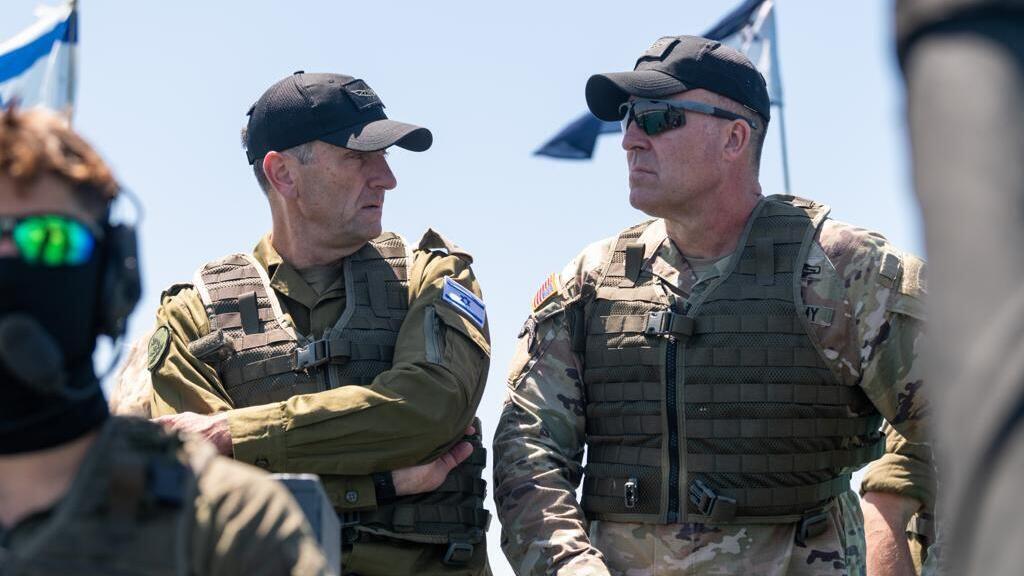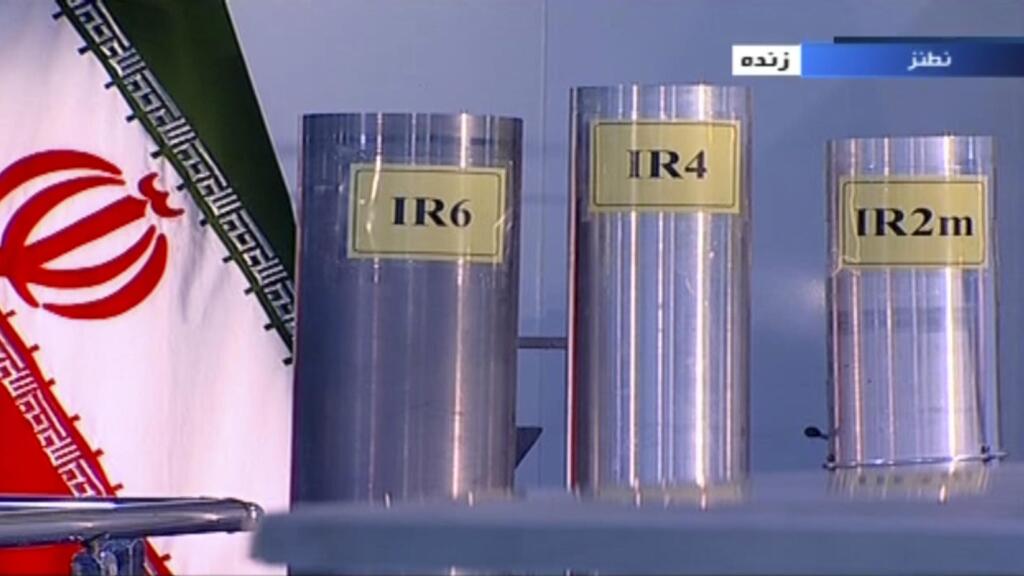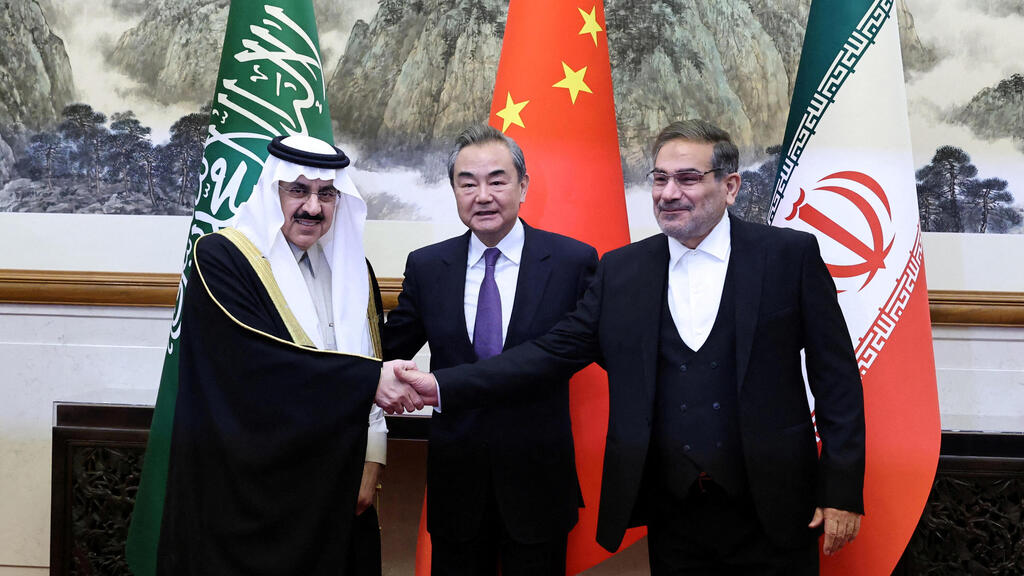Getting your Trinity Audio player ready...
The report published on Wednesday by the International Atomic Energy Agency (IAEA) is indeed serious but not enough to justify the media panic we are witnessing in recent days.
Other stories:
It must be clear. Iran is in reality, a nuclear threshold state and has been for the past two years but is still far from obtaining a nuclear weapon.
For Iran to have a nuclear device that could threaten Israel and other countries, it would need at least one, if not two years. And to cross over the line from a nuclear threshold state to one in possession of a nuclear weapon three things are needed.
One is dozens of kilos of fissile material – uranium enriched to a level of 90%, the second is a tried and proven mechanism to cause a nuclear explosion and the third is a nuclear warhead and the ballistic or cruise missile, or an airplane that can carry such a warhead or a nuclear bomb to a distance of over 1,000 kilometers (620 miles).
Of the three, Iran has only the first. According to the latest IAEA report, the Islamic Republic has uranium enriched to various degrees in a quantity that would suffice for seven nuclear warheads by is still in need of the other two components to be able to obtain nuclear capability.
Iran already has 114.1 kilograms (251 pounds) of uranium enriched to 60% that can be increased to military-grade within 12 days. but again, this does not mean it is already in possession of a nuclear weapon.
In practical terms, Iran is not rushing towards nuclear capability. It is taking things slow, but even the process of enriching more and more uranium to levels ranging from 5% to 60%, serves Tehran's strategic aims, well.
U.S. concerned Israel may decide to strike Iran
The large and growing amounts of fissile material in its possession put immense pressure on the U.S. to take steps to prevent Israel from considering Iran on the verge of nuclear capability and therefore choosing to carry out a military strike. Washington does not know when Israel may regard Iran as having crossed a red line and the administration is concerned that the current right-wing government may act earlier than expected.
3 View gallery


Chief of staff Herzi Halevi with CENTCOM commander General Michael Korilla
(Photo: IDF Spokesperson's Unit)
This is why CENTCOM commander General Michael Kurilla has been making frequent and urgent visits to Israel in order to gauge its leaders' intentions to launch a strike in the foreseeable future.
Kurilla is currently in Israel for that purpose as well as to observe the IDF exercise which is simulating an assault on multiple fronts as well as a strike on Iran.
The U.S. is exhibiting some agitation over Iran's advances in uranium enrichment and is therefore seeking to reach an interim agreement with Tehran, to which Israel is opposed because it would enable Iran to hold on to all of its achievements including its enriched uranium and its advanced centrifuges and at the same time see sanctions imposed by former president Donald Trump, some due to expire in a number of months, lifted.
The only Iranian consent, should an interim deal be struck, would be to freeze further enrichment and the production of more centrifuges, but it would be able to renew those processes and move toward a bomb at a time of its convenience, and within a few short months.
Israel of course objects to a deal that would enable Iran to continue to threaten the region while removing sanctions and the international isolation it would be subject to if it would proceed to a bomb.
Iran is already perceived as a nuclear state despite not yet possessing a weapon, as evidenced by the willingness of Saudi Arabia, the UAE and other Gulf nations to improve their relations with Tehran and avoid the danger to themselves of continuing their state of conflict.
These warming ties between Gulf countries and Iran, reduce their willingness to join Israel's regional security initiatives, under the auspices of CENTCOM.
The Iranians are working to obtain nuclear weapons and are risking an Israeli-American military strike in order to pressure Washington, scare regional states and achieve their strategic objectives, without paying a price. Even the IAEA has despaired recently from receiving explanations regarding the remnants of uranium found in three different sites after Israel alerted the IAEA about them in 2019.
At least in terms of its nuclear program, Iran can claim partial success in achieving its goals, but it still does not possess a nuclear weapon and will not, it seems within the next year or more. Israel must remember that, and continue its efforts to enlist the participation of the U.S.
A year is not long in strategic processes and Israel must know that without the massive assistance of the American military, at least in the logistics, air refueling capabilities and more, it would struggle in confrontation with Iran, which would include war with the Lebanese-based Hezbollah group, the Palestinians, Shi'ite militias in Iraq and the Houthis in Yemen.



